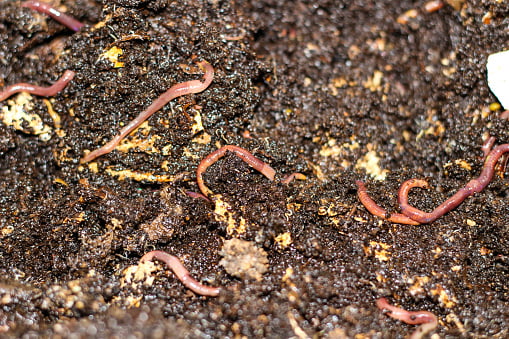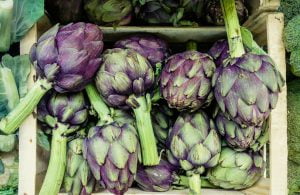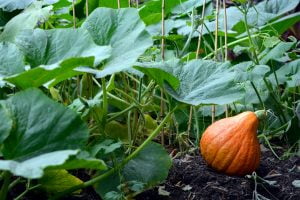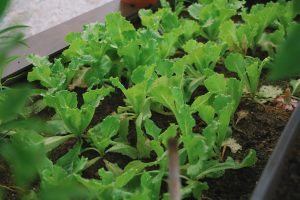Numerous city farmers are able to attain a favorable ROI thanks to the heavy local need for organic veggies. As regional customers become more advanced and inform themselves on their overall carbon footprint, there s an increasing demand in your area grown, completely natural, totally green local fruit and vegetables.
Regretfully, this is one chance that can t easily be fixed by simply packing up on natural composted manure. Much of that type of input needs to be trucked in – frequently from numerous hundred miles away.
Speak about combined messaging: you re doing your part to assist the environment by cutting down on industrial chemical fertilizers and pesticides, but you re also motivating the release of tons of fossil fuel-based carbon into the air.
The good news is, you can get out from under this predicament by recruiting the assistance of earthworms. That s right, worm castings can help you fertilize your produce efficiently and successfully while reducing nonrenewable fuel source use.
Keep the list below realities in mind to help you decide whether to produce vermicompost for your organic metropolitan farming input requirements.
1. Many urban areas have large scale sources of worm feedstock
From restaurant kitchen area wastes to your own metropolitan farm s green manure, you put on t have to look far for worm food. If you want to compost worm droppings to produce compost, you need to get access to a lot of worm food.
Fortunately, most urban farmers can cut a deal with hectic local dining establishments (who utilize natural meat and produce) to gather and carry away their food waste.
You just need to get the phone and find a high-volume dining establishment or coffee shop in your location and tell them about the win/win situation you want.
Lots of restaurateurs wish to assist you out since they would be doing their share of assisting the environment by complying with you. They get rid of their waste and save cash and time while feeling excellent about being so eco-friendly.
2. Worm compost doesn’t burn roots
Whether you are producing vermicompost for your own urban farm operations or for sale to natural farmers, remember that the item you’ll be producing doesn’t need long periods of aging to be beneficial.
Because worm poop doesn’t burn roots – unlike chicken manure – you can quickly use this type of garden compost to your plants either as a soil topping or blended into the soil itself as a change.
3. Vermicompost doesn’t stink
One apparent disadvantage of natural farming is its dependence on composted manure-typically cow manure. Regretfully, even cow manure that s been aged for rather a long time can still have a strong smell. This can be a serious problem if your urban farm has next-door neighbors with extremely delicate noses.
You can avoid the drama of hostile next-door neighbors and possible checkouts from the city inspector s office by changing your fertilizer input from routine organic cow manure to worm manure.
4. You can produce worm castings entirely odor-free and silently
Depending upon how well you mix your worm casting feedstock, you can produce it completely devoid of odor. Likewise, your next-door neighbors won t notification anything since they can t hear your worms turning all that dining establishment rubbish into useful organic fertilizer.
Keep the truths above in mind so you can make an educated choice about switching over to vermicomposting for all your fertilizer input needs.






